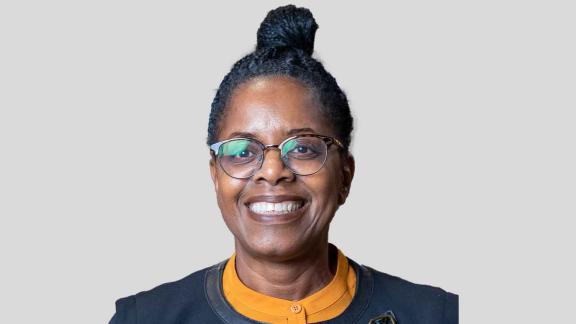Still troubling signs for disabled, black and minority ethnic staff despite improvements in representation

Responding to publication of NHS England’s workforce race and disability equality standards, Joan Saddler, director of partnerships and equality at the NHS Confederation, said:
“This new data shows some welcome improvements, with the number of senior managers in the NHS from a black and minority ethnic background continuing to rise while the proportion of BME staff has also increased. It is also welcome to see the number of staff declaring that they have a disability continues to rise, both on boards and amongst the general workforce.
“But, once again there are troubling signs. The fact that BME staff are less likely to feel their employer provides equal opportunities for career progression or promotion than white colleagues and disabled people are more likely to be performance managed or experience harassment, bullying or abuse from managers and colleagues shows that more needs to be done to improve the experience of these staff groups. It is crucial that we continue to pay attention to the lived experience of staff, who are not getting the support or positive working environment they deserve.
“We are also deeply worried that any gains made in recent years could be lost during the current restructuring which will see jobs cut across many parts of the health service. We know that BME and disabled staff are usually disproportionately affected by these kind of upheavals.
“It is vital that the NHS has a diverse workforce that mirrors the diversity of the communities it services. While we look forward to the publication of the ten-year plan and its proposals to tackle inequalities, we must remember that antiracism and inclusion is not secondary to building the high-functioning health service of the future. It is essential to its success.”



